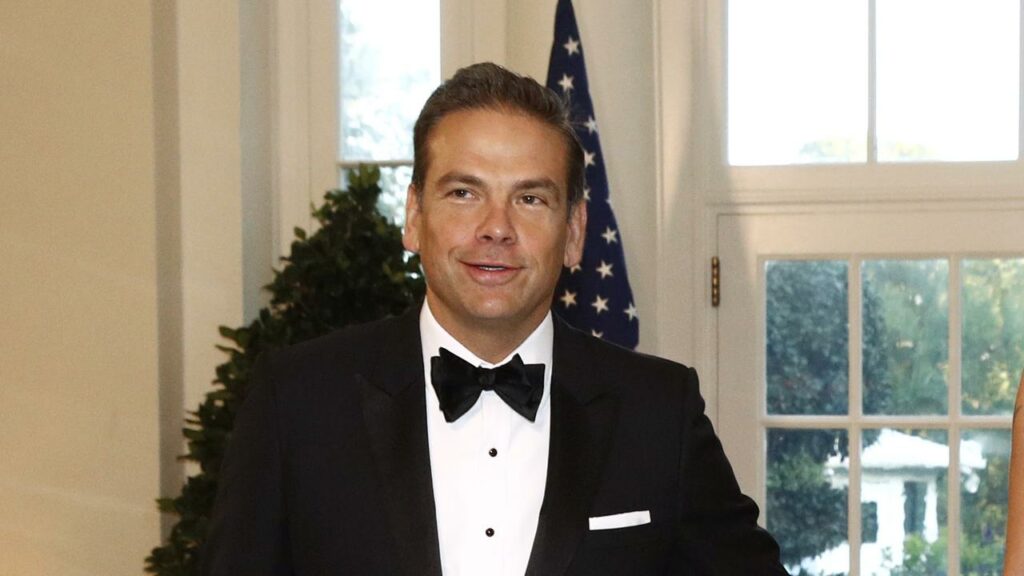Murdoch wants to sue more Crikey execs
Luke Costin |

A March trial date for Lachlan Murdoch’s defamation lawsuit against Crikey is on shaky ground after the Fox Corporation senior executive sought to also sue the masthead’s chief executive and chairman.
The son of Rupert Murdoch has sued the organisation behind the Crikey masthead over an allegedly defamatory June 29 opinion piece by political editor Bernard Keane, that was taken down and then posted back online on August 15.
He alleges the article titled “Trump is a confirmed unhinged traitor. And Murdoch is his unindicted co-conspirator” conveyed a meaning that Murdoch illegally conspired with former president Donald Trump to “incite a mob with murderous intent to march on the Capitol” in Washington DC on January 6, 2021. Crikey denies this and has raised a public interest defence.
The media heir now considers the article’s reposting on August 15 a separate publication planned by Crikey CEO Will Hayward and chairman Eric Beecher, the Federal Court was told on Thursday.
“We’ve come across information that demonstrates a highly active role that makes them a publisher,” Murdoch’s barrister Sue Chrysanthou SC said.
The billionaire has applied to amend his statement of claim to add Hayward and Beecher, and re-characterise the republishing.
Should the opinion piece be found to be defamatory, Murdoch will use Crikey’s conduct after June 29 as part of its argument for an award of damages, Ms Chrysanthou said.
She said she didn’t believe the application to join the two Crikey executives to the case jeopardised the two-week trial set to begin March 27.
But Crikey disagreed.
The application to amend was late and the real basis for the amendments had not been adequately explained by Murdoch’s lawyers, barrister Clarissa Amato said.
“The lateness of the application would, therefore, inevitably, bomb the hearing date,” she told the court.
Ms Chrysanthou had suggested Murdoch could launch a separate case against Hayward and Beecher but Ms Amato said that would require court permission “because it concerns the same or similar publication as the one in suit”.
The court will hear further arguments on the matter on January 30 before deciding whether to allow Murdoch to change his case.
Meanwhile, the amendment application caused the court to dismiss a hard-fought pre-trial matter over what further questions each side could be forced to answer.
Murdoch, claiming Crikey’s response to standard discovery was insufficient, had sought answers to 188 questions and sub-questions while Crikey in return asked a far more modest number.
But the court dismissed both sides’ applications without prejudice, saying each side could revive the matter if Murdoch’s amendment application fails.
The March trial is expected to include oral evidence from Murdoch about his claims that Crikey defamed him, damaged his reputation and hurt his feelings.
The June 29 article mostly concerned evidence given at a US congressional inquiry into Mr Trump’s apparent role in inciting his supporters to storm the Capitol. But towards the end, its focus turned to the Murdochs and some Fox News commentators, claiming they are the “unindicted co-conspirators of this continuing crisis”.
Crikey has admitted later using the article in a marketing campaign to attract subscribers.
Murdoch alleges the article caused serious harm to his reputation by conveying several defamatory meanings including that he illegally conspired with Trump to overturn the 2020 US presidential election result and to incite “a mob with murderous intent” to march on the US Capitol.
On top of Crikey, he has sued Keane, the article’s author, and the website’s editor-in-chief Peter Fray.
Crikey has pleaded a public interest defence, contends the article itself did not defame Murdoch and rejects allegations it damaged his reputation.
AAP